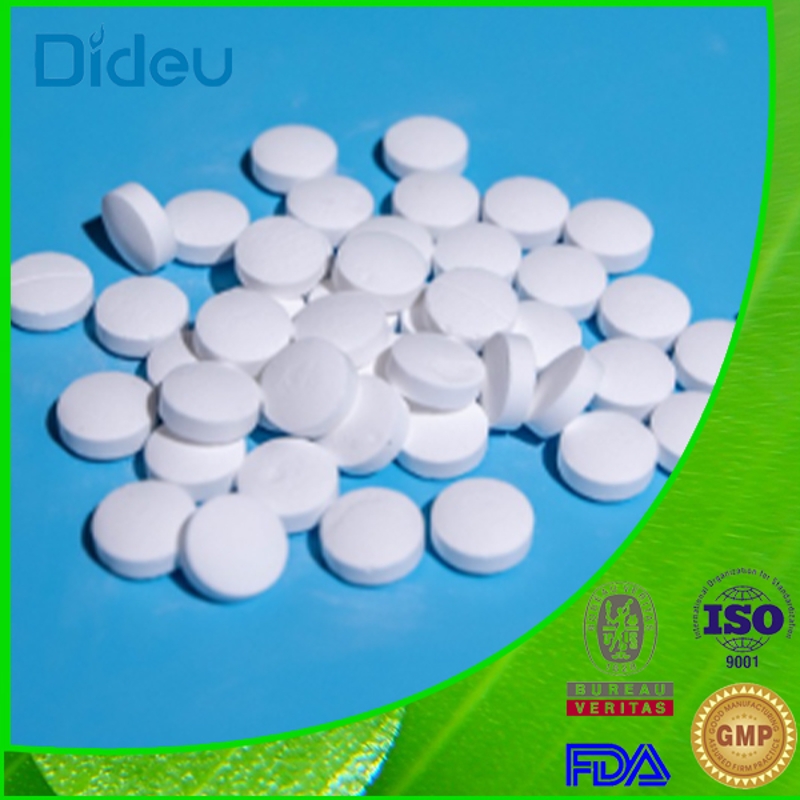-
Categories
-
Pharmaceutical Intermediates
-
Active Pharmaceutical Ingredients
-
Food Additives
- Industrial Coatings
- Agrochemicals
- Dyes and Pigments
- Surfactant
- Flavors and Fragrances
- Chemical Reagents
- Catalyst and Auxiliary
- Natural Products
- Inorganic Chemistry
-
Organic Chemistry
-
Biochemical Engineering
- Analytical Chemistry
-
Cosmetic Ingredient
- Water Treatment Chemical
-
Pharmaceutical Intermediates
Promotion
ECHEMI Mall
Wholesale
Weekly Price
Exhibition
News
-
Trade Service
N,N-Dimethyl 4-formyl-1H-imidazole-1-sulfonamide (DFSA) is a commonly used chemical in the chemical industry.
It is commonly used as a catalyst for the manufacture of polyurethanes, which are widely used in various applications such as foam, coatings, adhesives, and fibers.
The safety of DFSA has been a topic of interest in the chemical industry due to its potential for toxicity and flammability.
Toxicity:
DFSA has been classified as a Category 3 carcinogen by the International Agency for Research on Cancer (IARC), which means that it is possibly carcinogenic to humans.
Studies have shown that DFSA can cause skin cancer in laboratory animals, and there is limited evidence suggesting that it may cause cancer in humans as well.
However, more research is needed to fully understand the potential cancer-causing effects of DFSA.
DFSA is also a skin and eye irritant, and can cause respiratory irritation when inhaled.
Prolonged exposure to DFSA can lead to skin and eye problems, such as dermatitis, conjunctivitis, and corneal damage.
It is important for workers handling DFSA to wear appropriate protective equipment, such as gloves, safety glasses, and respirators, to minimize their exposure to the chemical.
Flammability:
DFSA is highly flammable and can ignite when it comes into contact with heat, sparks, or other ignition sources.
It is important for workers handling DFSA to take precautions to prevent ignition sources, such as hot surfaces, open flames, and electrical equipment, from coming into contact with the chemical.
In addition, the storage and handling of DFSA should be performed in a well-ventilated area, and the equipment used for handling the chemical should be made of non-sparking materials.
Fire safety measures should also be in place in case of a fire emergency.
This may include the provision of fire extinguishers, fire blankets, and fire-resistant clothing.
It is also important for workers to be trained on the proper handling and storage procedures for DFSA, as well as the correct procedures for responding to a fire emergency.
In conclusion, while DFSA is a useful chemical in the production of polyurethanes, it is important for workers to be aware of its potential toxicity and flammability.
Proper protective equipment and safety measures should be used when handling DFSA, and workers should be trained on the proper handling and storage procedures for the chemical.
In addition, fire safety measures should be in place in case of a fire emergency.
By taking these precautions, workers can minimize their risk of harm from DFSA and work safely in the chemical industry.







